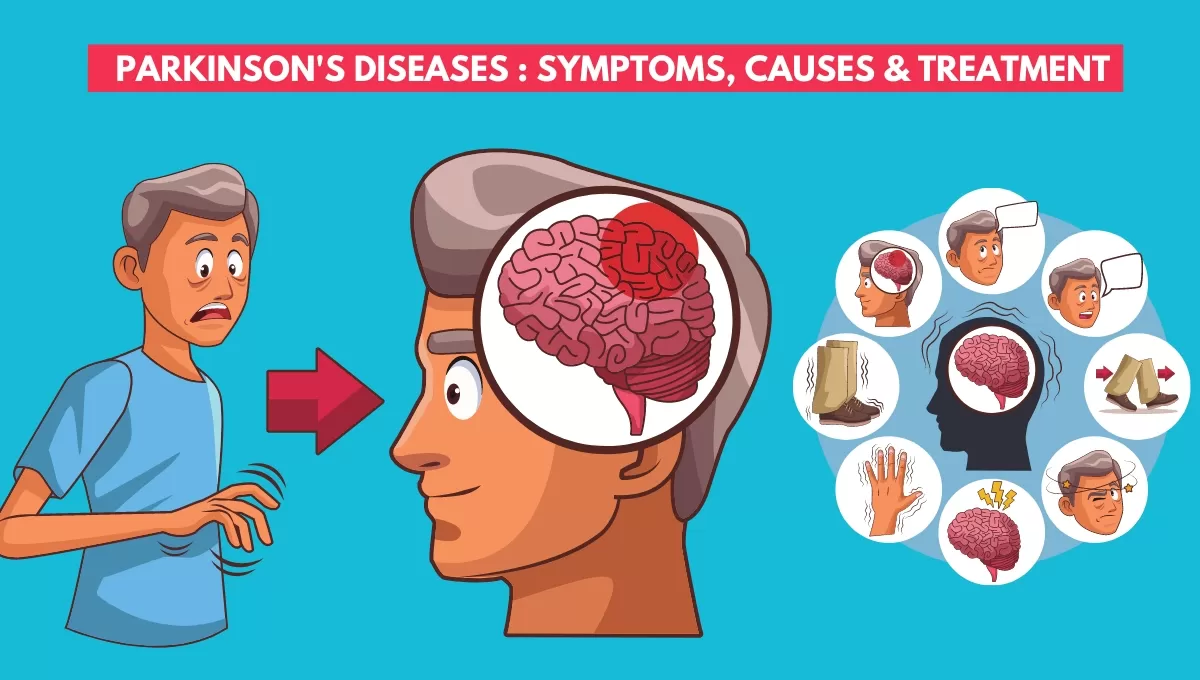
Introduction
Multiple Sclerosis (MS) is an autoimmune disease that affects the central nervous system, causing a range of debilitating symptoms. With over 2.8 million individuals affected worldwide, the importance of awareness and research into MS cannot be overstated. This year, initiatives aimed at raising awareness and advancing research have taken centre stage, highlighting the urgency in understanding this complex condition.
Recent Developments
In 2023, the international MS community has mobilised for various campaigns and events focused on education and support for those affected. Activists and organisations have ramped up their efforts, especially during March, which is designated as MS Awareness Month. For instance, the MS Society in the UK has launched the ‘Together We Can’ campaign aimed at encouraging open discussions about living with MS. This initiative not only fosters community support but also raises essential funds for ongoing research.
Recent research findings have pointed towards new therapeutic approaches that aim to slow the progression of the disease. In particular, ongoing clinical trials for novel medications have shown promise, with an emphasis on personalised treatment plans tailored to individual patient needs. These advancements are critical as they pave the way for earlier intervention and improved treatment outcomes.
Challenges Faced by Patients
Despite these advances, patients still face significant challenges in accessing treatment and support. A recent survey conducted by the MS Trust indicated that many individuals with MS contend with long waiting times for specialist consultations and therapies, highlighting the need for systemic changes in healthcare delivery. Additionally, the fluctuating support services during the COVID-19 pandemic have left many feeling isolated, prompting a need for improved resources within local communities.
Conclusion
As we move through 2023, the emphasis on Multiple Sclerosis awareness and research remains crucial. Continued advocacy is essential for enhancing recognition of the disease, as well as mobilising resources to support both patients and healthcare providers. With promising developments in treatment and a united community striving for awareness, there is hope that conditions for those living with MS will improve. Future initiatives will likely focus on ensuring accessibility to care, fostering community connections, and pushing for breakthroughs in research, ultimately aiming to change the narrative surrounding MS.
You may also like


Tragic Incident Leaves Gardener Paralysed: A Call for Action
